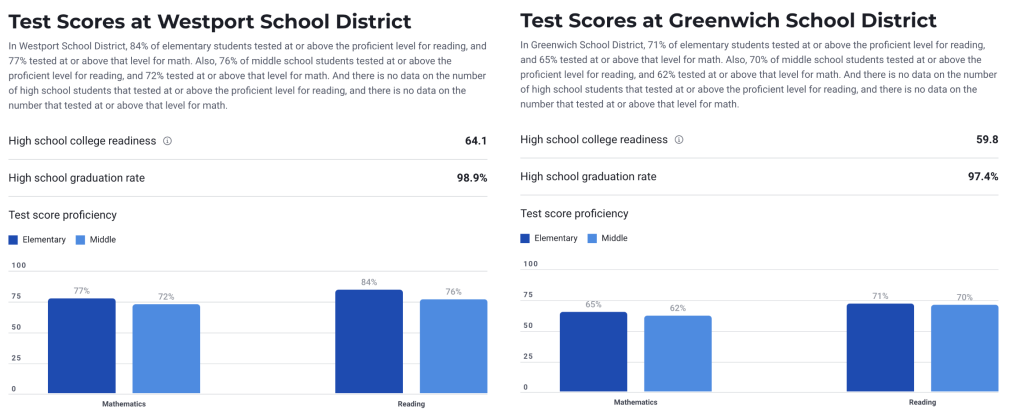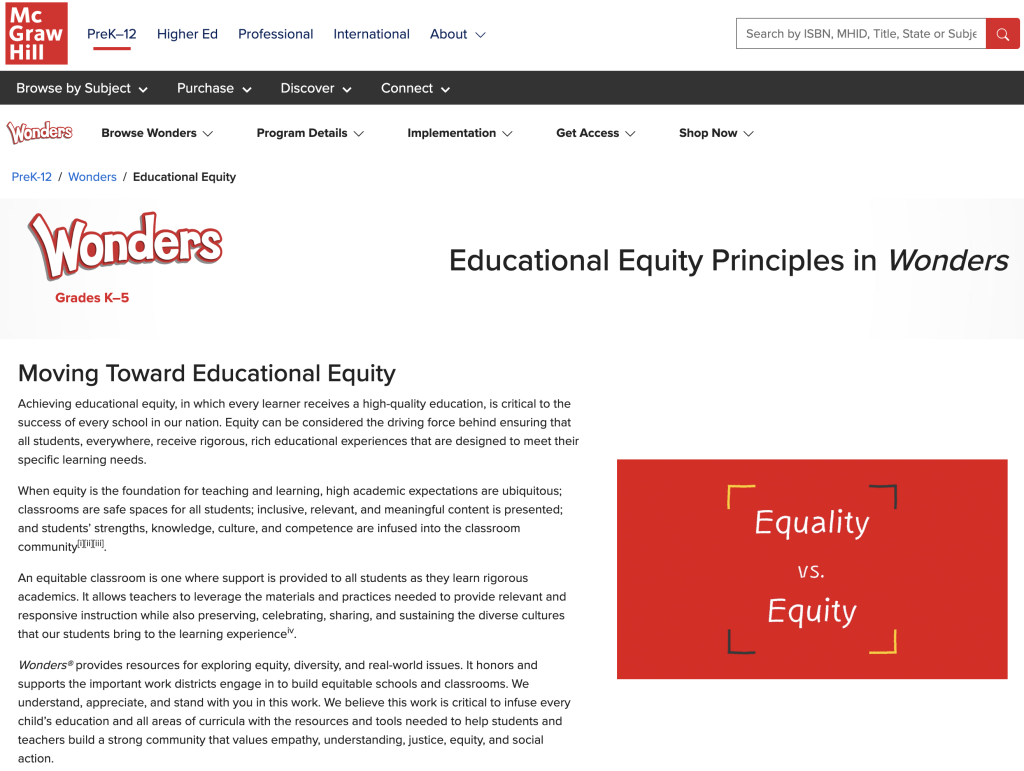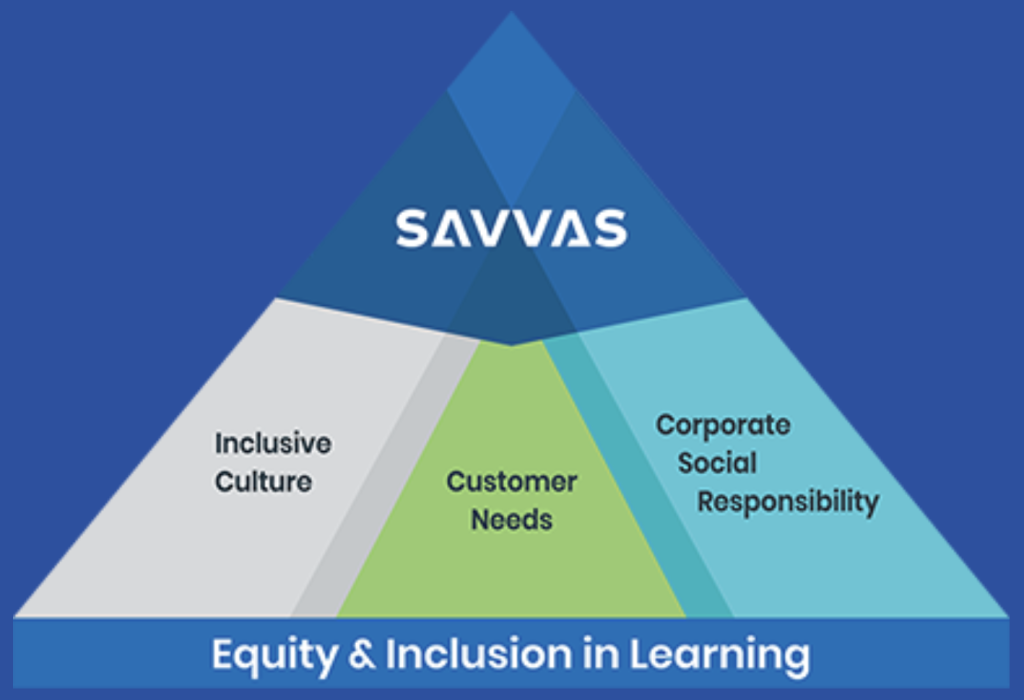Please Follow us on Gab, Minds, Telegram, Rumble, Gettr, Truth Social, Twitter
Westport and Greenwich Public Schools have some of the highest reading scores in the state, with 84% at or above level in Westport and 71% at or above reading level in Greenwich.

That's probably why the districts, along with a couple dozen others, requested waivers to Connecticut's "Right to Read" legislation which was adopted in 2021, but those waivers were denied by state.
The Right to Read legislation requires the Connecticut State Department of Education (CSDE), in consultation with the Reading Leadership Implementation Council, to review and approve reading curriculum models or programs that must be fully implemented by all public school districts in the state by July 1, 2025.
There are already nine programs approved for use by Connecticut districts until June 30, 2027:
The Amplify Education Core Knowledge Language Arts has a heavy equity focus, including grade-specific "DEI and Social Justice Guides" for each grade from K through 5.
These guides offer DEI and social justice lessons and questions to ask in reading classes.
For example, 5th graders reading about Don Quixote might be asked what actions he could have taken "to be more respectful and considerate of others"? Those reading about The Renaissance might be asked a DEI question about how a person’s life during that time period might depend on their class and gender.
Amplify CKLA materials align with the expectations detailed in the New York City Department of Education's definition of culturally responsive-sustaining education and the New York State Culturally Responsive-Sustaining Education Framework. The Framework requires students to be aware of past and present forms of bias and oppression, and supports their understanding of issues related to diversity, equity, inclusion (DEI), and social justice.
Students are also taught to identify and stop practices that boost historically advantaged groups at the expense of marginalized students.
The New York State guidelines for Culturally Responsive-Sustaining Education are grounded in a
vision that creates "students who are socio-politically conscious and socioculturally responsive" and "students who have a critical lens through which they challenge inequitable systems of access,
power, and privilege."
This is also known as critical race theory.
It's not the only option on CSDE's list to feature the Marxist doctrine of critical race theory.
Benchmark Education's Advance Program Authentic Voices Library won an equity award from the American Consortium for Equity in Education for having the Best Diversity and Inclusion Solution. One of the featured authors, for instance, likes to spotlight transgender characters. For elementary school students.
The Houghton Mifflin Harcourt – Into Reading program also uses "culturally responsive education" which is a euphemism for critical race theory. Students start by "reflecting on one’s cultural lens" before recognizing and redressing bias in the system.
The landing page for Imagine Learning – EL Education features in large, bold font, "Drive Equity with a Solution Designed for Students" so there's no question what this program is about. Imagine Learning believes that literacy is "the means to a more equitable future" for students.

McGraw Hill's Wonders program is all about "moving toward educational equity".
"Wonders® provides resources for exploring equity, diversity, and real-world issues" and to help build equitable schools and classrooms. McGraw Hill believes that DEI work is so critical that it should be "infused" into every child’s education and all areas of curricula in order to "build a strong community that values empathy, understanding, justice, equity, and social action."

Open Up Resources says its mission is to increase equity in education.
The organization's efforts are made possible through generous donations from the Bill & Melinda Gates Foundation and the Robin Hood Foundation, among others.
The CEO of Savvas Learning Company says that "expanding equity and inclusion in learning is essential." Equity is literally "at the heart" of Savvas and expanding equity and inclusion is woven into everything the company does, from the curricula it develops to the training it offers to its own employees.

The only program on the approved list that didn't explicitly scream "equity" and "critical race theory" was the American Reading Company – ARC Core program.
But since helping students to advance "thinking and actions about identity, equity, power, and oppression" is actually included among the CSDE's consideration requirements for reading programs, it would not at all be surprising to find out that the ARC Core program embraces equity, too.